Courses
Sensory Foundation (SCA) / Level 1 (SCI)
This course introduces the essentials of sensory evaluation in a practical and interactive manner. It investigates the way human senses influence perception and how to apply this knowledge when evaluating coffee’s natural characteristics. Learners gain the ability to differentiate certain sensorial aspects of coffee including body, acidity, bitterness and more. The course introduces fragrance identification references and also focuses on the purpose and procedure for conducting an SCA cupping. Learners gain insight into identifying specialty coffee qualities, as well as an overview of how to implement this in business. Practical learning objectives and activities specifically prepare the learner to identify basic differences in coffee attributes, recall fragrance identification and set up a cupping according to the SCA Cupping Protocol.
A written exam tests theoretical knowledge based on Foundation course learning objectives.
Course Learning
- Specialty coffee and sensory evaluation of quality.
- General physical inspection, roasting, brewing (water quality and temperature, extraction ratio), and SCI cupping protocols and standards.
- Basic theory of aroma perception. Practice with aroma vials and descriptors.
- Identification of basic tastes (sugars, organic acids, salts, bitter and umami) and calibration on intensity and quality (modulation).
- Introduction and informal exercises of affective, discriminative and descriptive cupping of the same coffees.
- Cupping tutoring. Learning the SCAA cupping protocols and format.
- Cupping tutoring using the SCA format and sharing descriptors. Cupping different origins (defining flavor profiles) and basic processing methods (naturals, washed, honeys).
Sensory Intermediate (SCA / Level 2 (SCI)
This course builds on the concepts and skills introduced in the Sensory Skills Foundation course and prepares the learner for more complex job functions in the sensory evaluation of coffee and related products. This course covers a wide range of topics, including the physiology of taste and aroma; the types of sensory analysis tests, the operation of a cupping session; the diversity of coffee attributes; the use of the SCA Flavor Wheel and WCR Sensory Lexicon; and the implementation of a sensory analysis panel and session.
A written exam tests intermediate course knowledge while a practical exam assesses the learner’s ability to identify basic differences in coffee attributes and recall fragrance identification.
Course Learning
- Specialty coffee and sensory evaluation of quality.
- General physical inspection, roasting, brewing (water quality and temperature, extraction ratio), and review cupping protocols and standards.
- Physical inspection and grading systems. Odor, color and homogeneity, shape, size, moisture content and drying quality, density, and grading.
- Chemistry of aroma precursors in coffee and their role in flavor integration.
- Practice with aroma vials and descriptors. Calibration in intensity and complexity of fragrance-aroma and use of aroma descriptors.
- Theory and practice of aromatic taints and defects.
- Theory of taste precursors; origin, perception threshold and taste dynamics.
- Identification of 5 basic tastes and calibration on intensity and quality. Taste modulation theory and exercises. Theory and practice of texture. Flavor modulation by polyphenols and fats in coffee.



